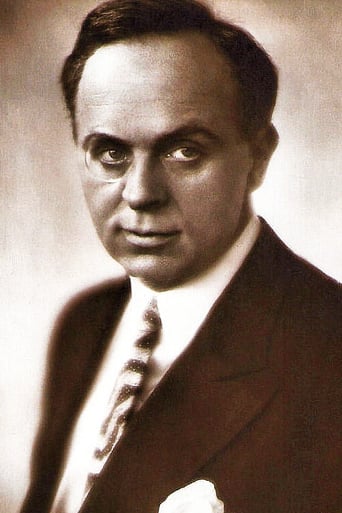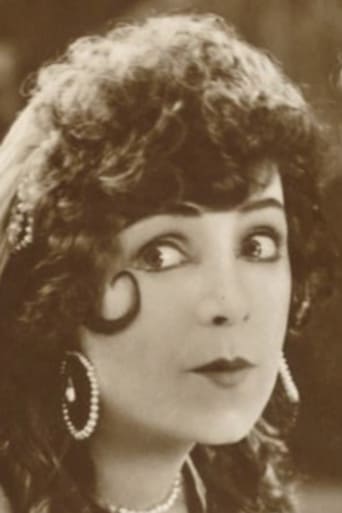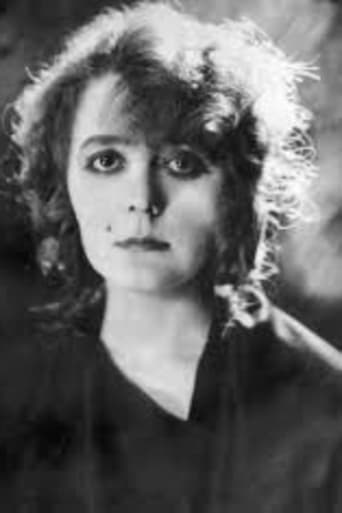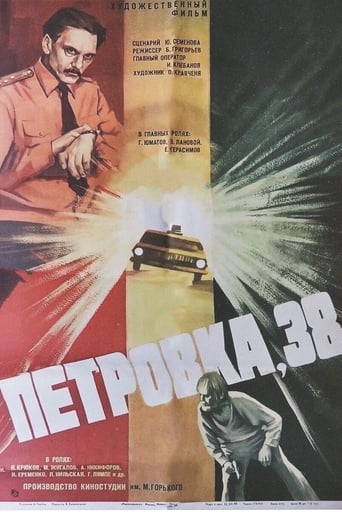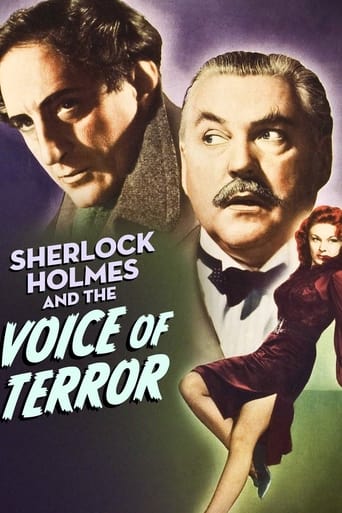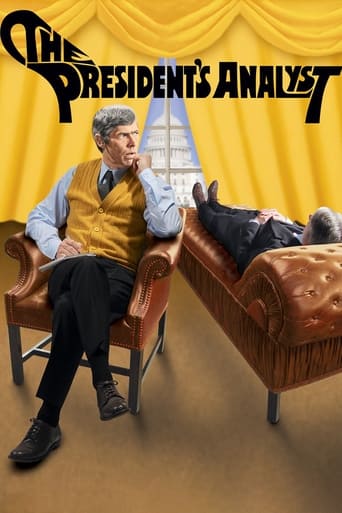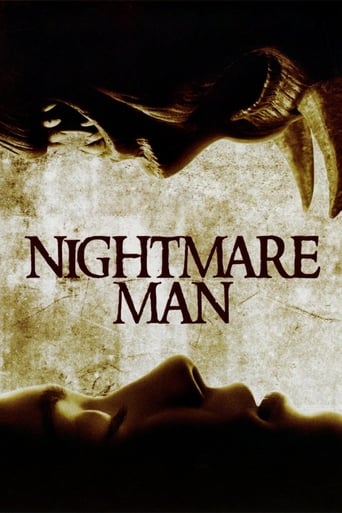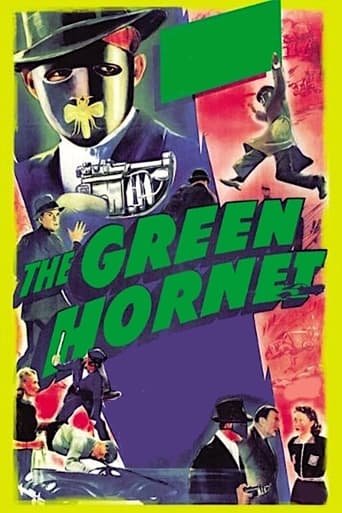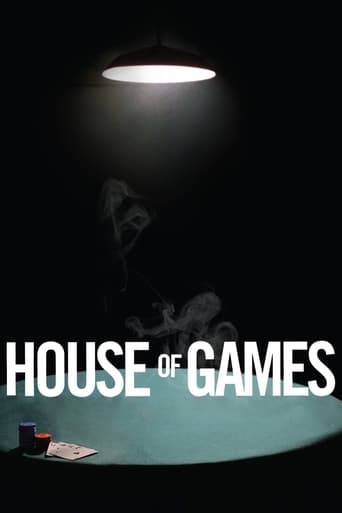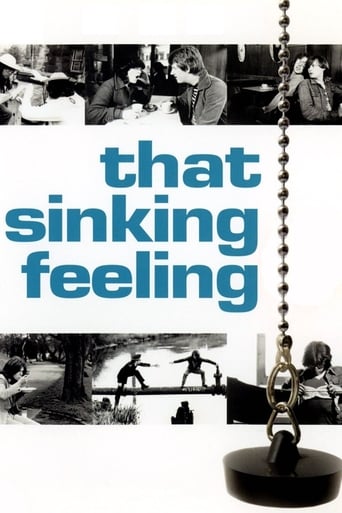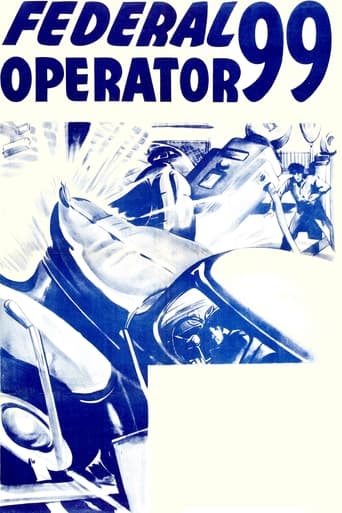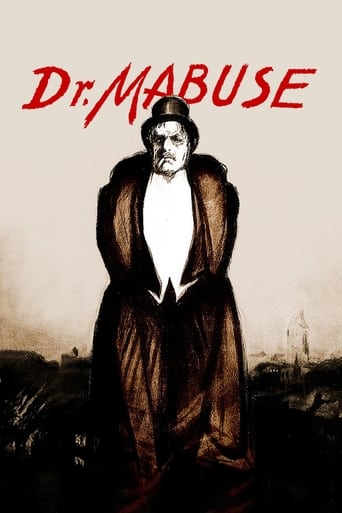
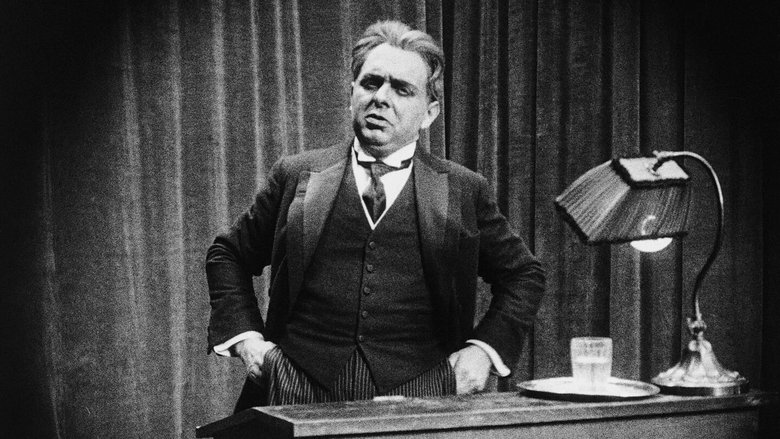
Dr. Mabuse, the Gambler (1922)
Dr. Mabuse and his organization of criminals are in the process of completing their latest scheme, a theft of information that will allow Mabuse to make huge profits on the stock exchange. Afterwards, Mabuse disguises himself and attends the Folies Bergères show, where Cara Carozza, the main attraction of the show, passes him information on Mabuse's next intended victim, the young millionaire Edgar Hull. Mabuse then uses psychic manipulation to lure Hull into a card game where he loses heavily. When Police Commissioner von Wenk begins an investigation of this mysterious crime spree, he has little to go on, and he needs to find someone who can help him.
Watch Trailer
Cast


Similar titles
Reviews
(Flash Review)Many people give me a crinkled face when I mentioned to them that I watched a four hour silent German film. Even after I say, "but it's a Fritz Lang film.", the crinkle turns to a blank stare. For a 4 hour silent film, it does a solid job of holding my attention. I discovered this film after first watching Dr. Mabuse in the 1933 film The Testament of Dr. Mabuse. That was pretty interesting so I had to give it a go. When the 2 disks came in the mail, I figured I got a bonus features disk and only then did I realize that the film's true duration need 2 disks to contain it all. In The Gambler, Mabuse is a man with a thirst for mass wealth. He finds some very illegal and unusual ways to extract money from wealthy people, which play out in riveting scenes that are complimented by an effective music score. In addition to managing his illegal methods, Mabuse also has to be elusive as the police commissioner is focused on uncovering his schemes. There are stylized comparisons with The Cabinet of Dr. Caligari with expressionistic designed sets while much of the movie takes place where the wealthy people frequent. See what clever methods Mabuse employs and will he be able to outsmart the police commissioner? Worth the time for those who choose to invest.
Following their ruinous defeat during the War, Germany found itself in what is now commonly referred to as the Weimar era. It's a uniquely fascinating point in the country's history dominated by a stark contrast between impoverished casualties of war and lavishly wealthy benefactors soaking in aloof decadence. This divide between societal poles was not exactly one unlikely to be crossed by any daring enough to grab a boat and travel the uncertain waters however, and director Fritz Lang frequently visits this idea throughout his first major feature film still highly regarded to this day. Bouncing back and forth between seedy gangsters, the hoity-toity elite and those unfortunate enough to be tasked with keeping everything in order (the law), Lang embellishes his film with a unique and varied palette of both character and tone for its time. Based on the novel Dr. Mabuse, der Spieler by Norbert Jacques, the story follows psychoanalyst-by-day, underground-criminal-mastermind- by-night Dr. Mabuse as he manipulates his way up the rungs of society seemingly with ease through various nefarious means including stock market manipulation and psychological mind-control during card games at high-profile gambling joints. The central theme here warns of granting overwhelming dominance through terror and misdirection at the hands of a charismatic megalomaniac misleading an already misled and fractured society; a warning that evidently fell on deaf ears before the eventual rise of the national socialists a little more than decade later, at which point Lang promptly packed his bags and headed for the States. While at its heart The Gambler may simply be something of a proto-noir gangster movie with light fantasy elements, lurking somewhere in the foreboding shadows that dominate most the film's sets is a thinly-veiled socio-political commentary that can—for the most part—be a fascinating and engrossing thriller all at the same time.Mabuse is played by Rudolf Klein-Rogge, best known these days as Rotwang the Inventor from Lang's most famous film Metropolis released five years following The Gambler. While his performance in the science-fiction epic is limited but nevertheless memorable, it's a true delight to see him take center stage here as he delivers an iconic performance of the mad-but-brilliant Dr. Mabuse. As one of the character's central traits is psychological manipulation which he delivers through various fictional guises to further distract his victims, Klein-Rogge is given plenty of room to jump between personas which vary between the bizarre and ruthlessly callous, all of which he excels in bringing to life vividly. Supporting actors and actresses back up the leading man well, specifically Alfred Abel (also of limited Metropolis fame) and Gertrude Welcker who together play a husband and wife soon at the mercy of Mabuse's twisted puppeteer hands. Bernhard Goetzke is fine as State prosecutor Norbert von Wenk, but his character sticks too closely to convention to make him stand out as anything more than a pawn serving as the plot's catalyst to chug along with its rich character drama.Those who have seen Metropolis and are less familiar with Lang's earlier works may be surprised or disappointed by the director's more restrained approach to expressionist sets and effects here in The Gambler. While his contemporaries at the time, Murnau (Nosferatu) and Wiene (Caligari), had fervently adopted the popular art movement in their respective films from the early 20s, Lang was still something of a critic and instead opted to lightly season Mabuse, rather than to glaze it every 15 minutes. Nevertheless, much of the film's most memorable and compelling moments arise from these experiments in expressionism that often mirror the film's otherwise dark and brooding atmosphere with surreal imagery that conveys the characters' inner madness, isolation, torment and despair. It's no wonder then that Lang would go on to make Die Nibelungen and Metropolis, each one more expressionist and surreal than the last.So having said all that, it must also be noted that The Gambler is somewhere near 270 minutes long. What I've highlighted above are areas where around two-thirds of that runtime fully take advantage of what Mabuse has to offer. The other third is more problematic and occurs mostly during its middle section where the cat-and-mouse game between Mabuse and Norbert von Wenk goes around in circles. Though there are highlights here and there, a long stretch of 90 or so minutes occurs that feels like it could have been chopped down to 30 without much consequence other than to make the pace of the film easier to digest. And yes, I know the movie is in fact a two-part deal, but the fact that this means the first movie's ending is lacklustre and the second movie's opening lacks the enthralling immediacy of its predecessor doesn't change anything and still hurts an otherwise well-paced film.Dr. Mabuse's first outing on the big screen is for the most part a rewarding and compelling experience, but nevertheless presents the viewer with a challenging middle half that tugs along lethargically rather than with the brisk pace that bookends the feature. However frustrating this section can be however, The Gambler remains as a feature that does a lot well and very little poorly. And thanks to a wonderfully memorable performance by Klein-Rogge backed up by an equally haunting atmosphere, rich cast of diverse characters and otherwise thrilling plot, Fritz Lang's 1922 testament to Germany's Weimar era is a captivating classic, not without its flaws, but also not one to be overlooked either.
Dr. Mabuse is probably the ultimate villain - he's charismatic, intelligent, and renown professor, but he also, manipulates with people, gambles, keeping salves, counterfeiting money, organizes murders and kidnappings, and he is just pure evil. He only doesn't chase the power and money, but he is simply evil. That all makes Dr. Mabuse the most evil man of the 1920's, and sets him as an example of great villain.Under ascetic conditions of German film studios at the time Fritz Lang managed to direct his first masterpiece (out of many) and one of his most influential films. Mixing styles and elements from different genres Lang creates chilling underworld that just sucks the viewer in (at least here writer felt he would like to visit all those shady night clubs). And of course, the final gunfight that many later directors have copied on countless times.
This is the movie that features one of fist arch-criminals, Dr. Mabuse. A manipulative character, who by hypnosis manipulates people and set them up against each other and steal their money, by letting him play card games against him, while he lets his opponents deliberately loose, even when they have the better cards. He manipulates for more money and the love from respectable woman but also most definitely purely for his own pleasure. It doesn't need to be explained why Dr. Mabuse is evil, he just simply IS. That is what makes a great and memorable movie villain.Definitely true that the second halve of the movie is better than the first. In the second halve the movie really starts to take pace and form. Does it make the first part obsolete? I think not. It perfectly shows how manipulative Dr. Mabuse and the characters also get strongly developed in it. But yes, it's definitely true that the movie is a long sit. Almost 4 hours is of course a long time (and there even is a longer version). It does not ever make the movie bad or boring but it does make it a bit tiresome at times. The movie also isn't easy to follow but that often is the curse of early narrative full-length movies from the '10's and '20's of the previous century.For 60% of the movie, the movie concentrates on card games. Some of the sequence involving the games are made to look more exciting and and tense than in any James Bond movie ever had been the case.The movie uses some good early cinematic ticks and also some interesting storytelling techniques such as some interesting fast flashbacks, to help to remind to the viewer of what happened earlier in the story.The movie also shows some early film-noir tendencies and other thriller and mystery elements. Not just with its story, psychological thriller elements or style of film-making but also with its characters. The main villain Dr. Mabuse is of course the best example of this. He plays an early full-blooded big movie villain, who is also being accompanied by a couple of typical crook-like looking henchmen. All elements that later would become defining for the genre. The movie is about good versus evil, in good early cinematic form.Some of the tricks make sure that the movie is filled with a couple of memorable and effective sequences, mainly regarding the manipulative hypnosis sequences, by Dr. Mabuse. It makes the movie highly imaginative and original, though it all obviously is not as revolutionary as the other Fritz Lang classics; "Metropolis" and "M".Of course by todays standards the acting in the movie is definitely over-the-top. Fritz Lang never casted actors just because of their acting skills but also because of their powerful looks. It all helps to make the early acting in Lang movies still fascinating and powerful to watch. Bernhard Goetzke as the state attorney von Welk is a great 'main-hero' for the movie. Of course Rudolf Klein-Rogge is also great as Dr. Mabuse and so is Alfred Abel, though I liked him in "Metropolis" even better. Definitely worth seeing, if you can handle its long running time.9/10http://bobafett1138.blogspot.com/


